Exploring Excellence: Author Reflections on Educating Physical Therapists
In this issue’s Book Review, the authors of Educating Physical Therapists describe their “10-year journey” of discovery that produced the first definitive report on the state of American PT education in a half-century. They highlight aspects of their findings of particular interest to readers of JHR—for example, their recommendations for “integration of the humanities across the curriculum.”
Profiles in Professionalism with Nancy Kirsch
In our Fall 2019 installment of JHR’s “Profiles in Professionalism” series, we sit down with Dr. Nancy R. Kirsch—a thinker whose compassionate, prolific scholarship is recognized throughout the field of rehabilitation. In this interview, Dr. Kirsch explores how physical therapy has evolved, and the critical role the humanities play in developing caring and compassionate professionals.
Editorial: The Healing Power of Seeing—and Being Seen
Part of our job as clinicians is to recognize that while our knowledge and skills are the tools to facilitate the body’s recovery from illness, it is our shared humanness, our presence, that supports the healing power of the soul. How we dance along those lines—recognizing where our role is to fix or simply be present—is the beautiful, sometimes haunting part of the rehabilitation landscape that the humanities can help us navigate.
Reading Eucalyptus: Reflections on Narrative Education in Medicine and Health Sciences
Healthcare educators may find inspiration from a seemingly infinite number of resources. In “Reading Eucalyptus,” Christy D. DiFrances describes how an encounter with a work of magical fiction years ago still provides her with “keen observations that are surprisingly relevant to education in academic medicine and health sciences.”


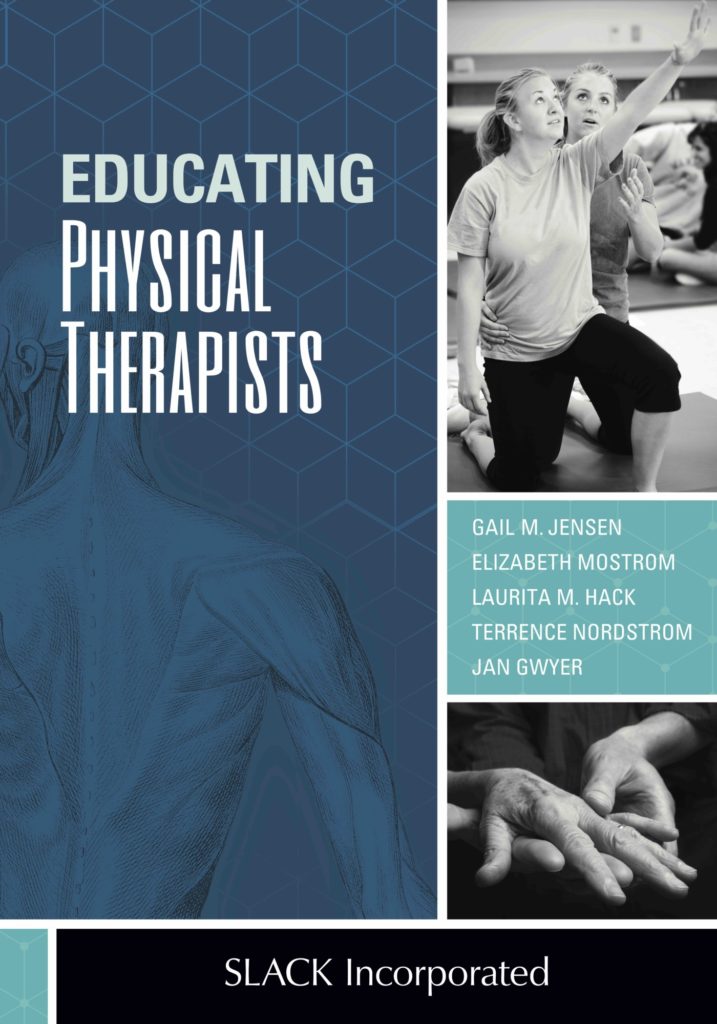
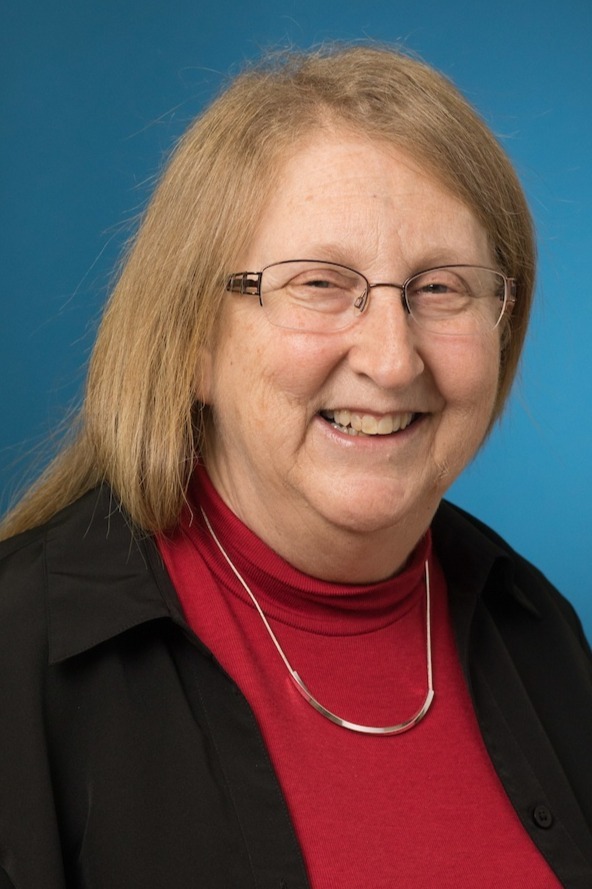

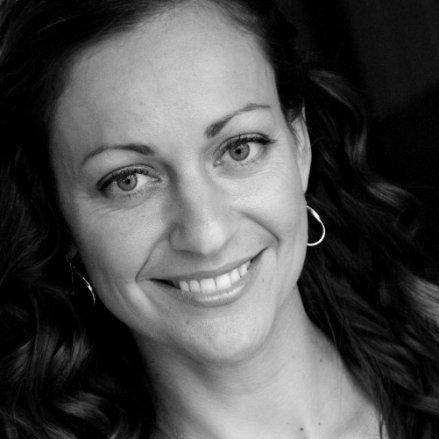
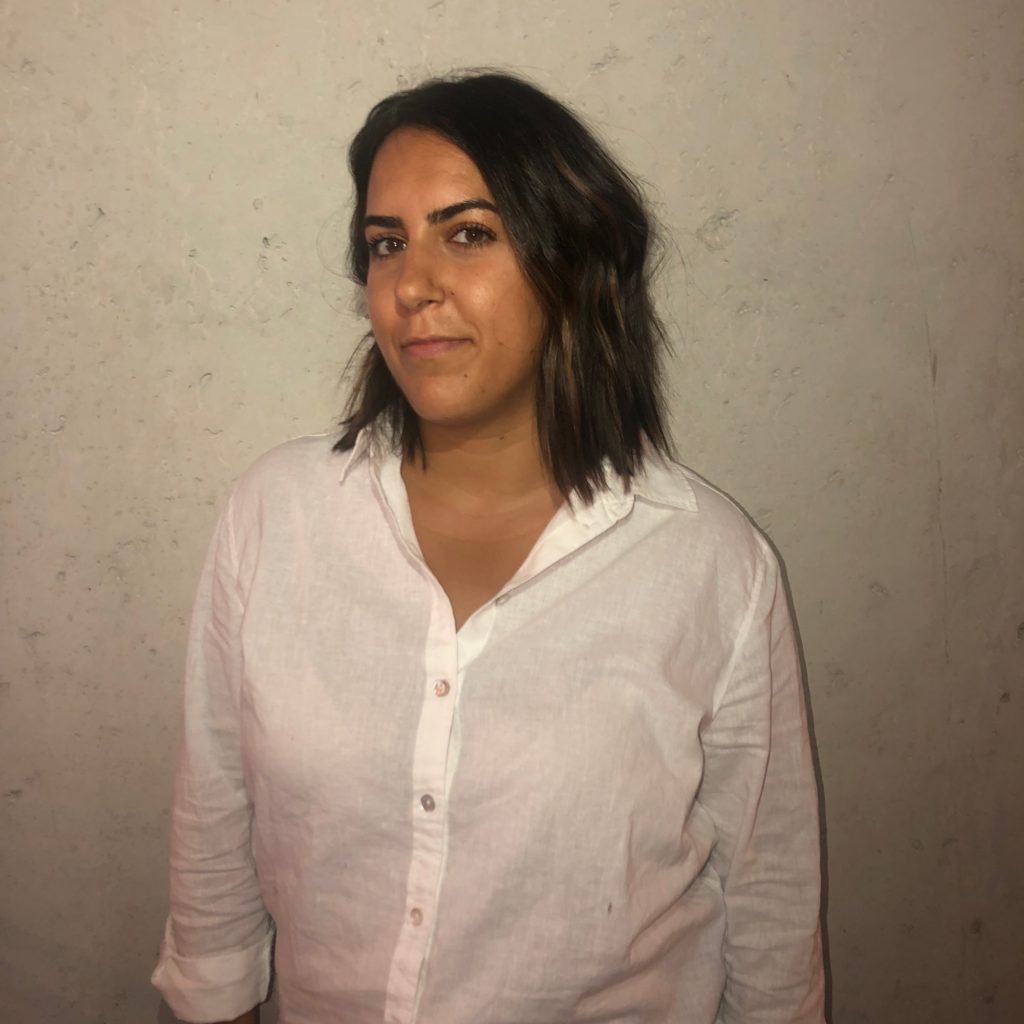

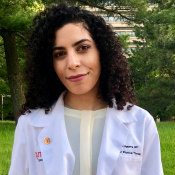
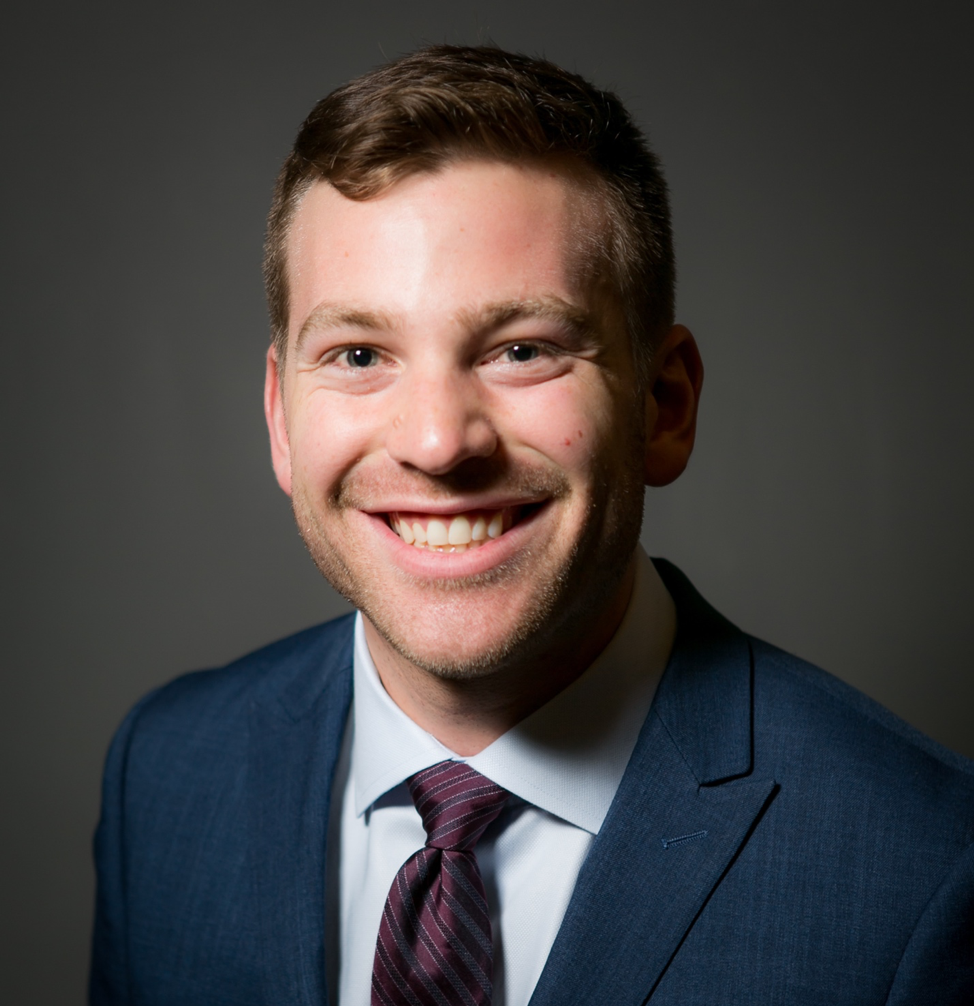

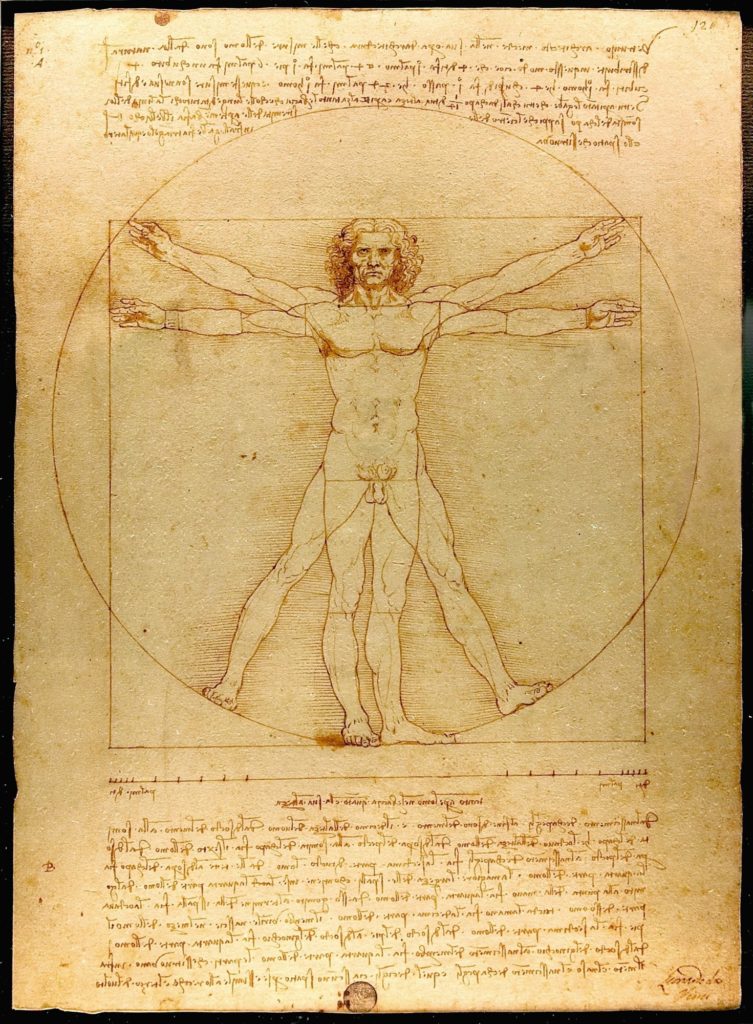



 Member since 2019 | JM14274
Member since 2019 | JM14274

